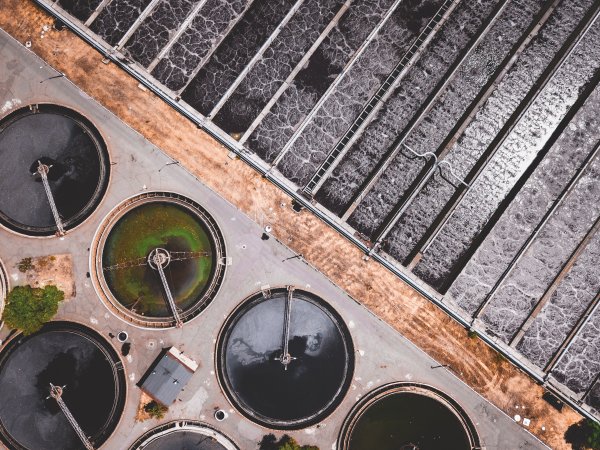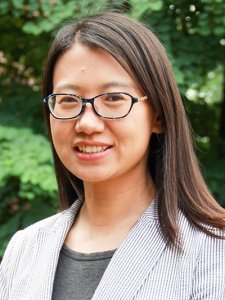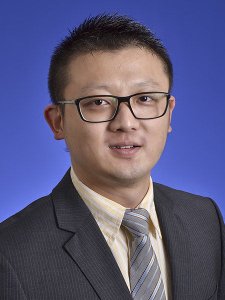
Management of the nitrogen (N) cycle was identified by the National Academy of Engineering as one of the grand challenges of the 21st century. Conventional biological N removal processes require high O2 demand for nitrification and high electron donor requirements for denitrification. In addition, the production of artificial fertilizer accounts for a significant amount of greenhouse gases (GHG) emission in food production. Harnessing nitrogen from wastewater, especially from agricultural wastewater, has the potential to drawdown the GHG emission in waste management and food production. Algae can utilize CO2 and sunlight and provide the dissolved oxygen required for aerobic heterotrophic metabolism and nitrification through photosynthesis. The synergistic effects of algae and bacteria can improve the biological wastewater treatment processes. The harvested biomass can be used for biofuel, bioplastic and biofertilizer productions.
However, the biomass harvesting is the bottleneck for large-scale application due to the poor settling ability of biomass. Granulation of biomass has the potential to enable sustainable large-scale application of algae-based wastewater systems for resource recovery. However, the triggering factors and the mineralization process for microbial granulation are not well-understood. There is also lack of research on the impact of biofertilizer on retention of soil N following application.
The overarching goal of this research is to develop an algal-bacterial granular system to drawdown the carbon footprint in wastewater treatment and enhance resource recovery. The specific objectives of this research are to: 1) evaluate effects of environmental conditions on the microbial communities and system performance; 2) investigate the interaction of minerals and microorganisms on the granulation process; 3) evaluate the impact of granular biofertilizers on the retention of N in soil; 4) develop an open-source platform for system level data analysis and management. Increased knowledge of the interaction of algae, bacteria and minerals gained from this research is transferable to other natural and engineered systems. The open-source data management platform is also applicable to other wastewater treatment systems, bioremediation sites, natural creeks, etc.
Resulting Presentations
- Tengge Zhang, Karl Payne & Meng Wang, Hybrid ion exchange and biological processes for ammonia removal: experimental and modeling studies, The 2021 WEST conference, 06/09/2021.
- Tengge Zhang, Hybrid ion exchange and biological processes of ammonia removal from wastewater: experimental and modeling studies, 2022 PWEA Annual Technical Conference & Exhibition – PennTec 2022, June 5-8, 2022, State College, PA.
- Tengge Zhang, Karl Payne & Meng Wang, Hybrid ion exchange and biological processes of ammonia removal from wastewater: experimental and modeling studies, 13th IWA Specialist Conference on Wastewater Ponds and Algal Technologies, July 3-6, 2022, Melbourne & Online, Australia.
- Tengge Zhang, Karl Payne & Meng Wang, Hybrid ion exchange and biological processes of ammonia removal from wastewater: experimental and modeling studies, 2022 AEESP Research and Education Conference, June 28-30, 2022, Washington University in St. Louis, St. Louis, MO.
Awards
- 2022 Student Research Podium Award Winner, PWEA 93rd Annual Technical Conference, June 5-8, 2022.
Researchers
Meng Wang
Xinwei Niu
Juile Cosmidis




